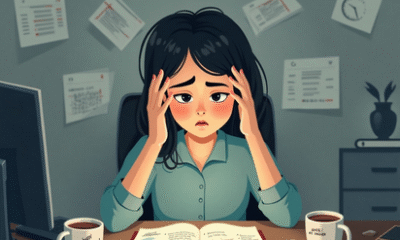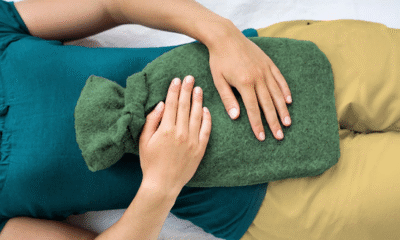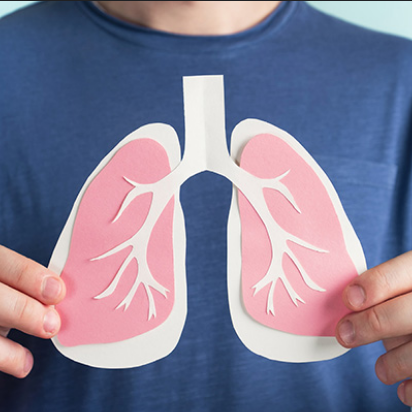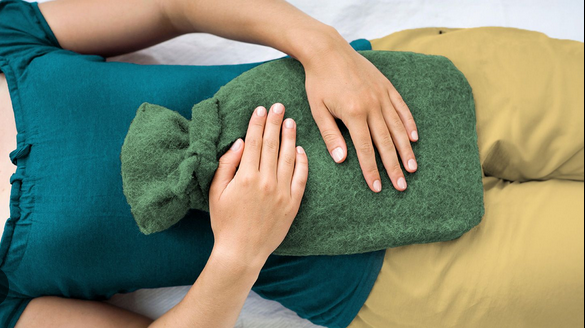Uncategorized
Is Your Blood Type O+? Here’s What It Means

Uncategorized
Top 5 Countries with the Highest Alcohol Consumption in 2025
Uncategorized
Everyday Habits at Home That Can Harm Your Lungs
Uncategorized
What Causes Painful Periods and How You Can Get Relief

 Uncategorized2 weeks ago
Uncategorized2 weeks agoSilent Killer Diseases Every Woman Should Be Aware Of

 Uncategorized2 weeks ago
Uncategorized2 weeks agoEveryday Habits That Are Silently Destroying Your Health and Happiness

 Uncategorized1 week ago
Uncategorized1 week agoWhat Causes Painful Periods and How You Can Get Relief

 Uncategorized2 weeks ago
Uncategorized2 weeks agoCommon Reasons People Die In Their Sleep

 EDUCATION1 week ago
EDUCATION1 week agoYou Can’t Have Two JAMB Results — The Old One Has Been Withdrawn

 Uncategorized2 weeks ago
Uncategorized2 weeks agoSurprising Diseases Linked to Skipping Your Night Shower

 Uncategorized2 weeks ago
Uncategorized2 weeks agoSigns That Indicate Your Heart Is Not Working Properly

 ENTERTAINMENT2 weeks ago
ENTERTAINMENT2 weeks agoNollywood actress, Tolani Akintunde dies of heart attack in the UK




